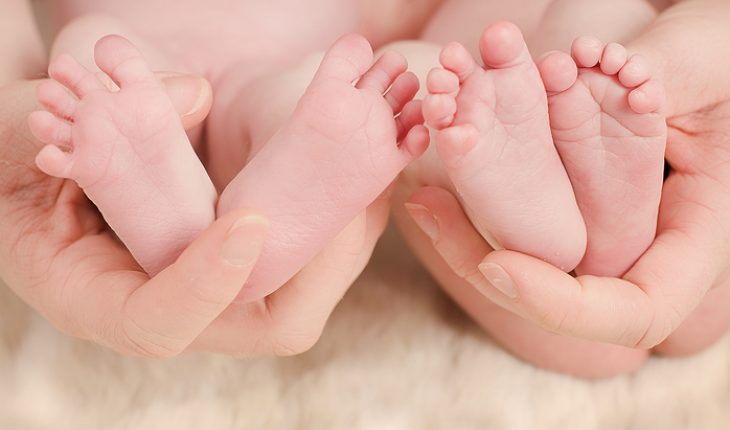Midwifery has a very important role to play in helping to solve some really big problems that affect women and their babies around the world. It is estimated that nearly 300,000 women die every year during pregnancy, childbirth or soon after. About 2.6 million women suffer stillbirths, and almost 3 million infants die in the first month of life. Millions more women and their families suffer long-term health, financial and emotional problems, simply because they have not received adequate health care during pregnancy and childbirth. We already know from our previous research published in The Lancet’s Series on Midwifery in 2014, that midwifery can provide cost-effective, high-quality care, and has a fundamental role to play in bringing down the number of maternal deaths and reducing infant mortality as well as improving the health of women and babies. So we know midwifery can be a powerful solution. Now is the time to ask how it can really make a difference worldwide.
Bearing this in mind, with input from the global Partnership for Maternal, Newborn and Child Health (PMNCH), we asked health professionals, researchers, decision makers, and women’s groups around the world, how they felt research into midwifery could be prioritised to make a real difference to these long-term issues. Four key areas have been identified:
the impact of midwifery on provision of high-quality care for all women and babies
the impact of midwifery on improving provision of effective family planning
the impact of midwifery on reducing rates of preterm birth
the impact of midwifery on promoting sustainable health systems and reducing the use of unnecessary interventions
What we are hoping is that this latest report will provide a framework for researchers and funding agencies to gather new evidence to help encourage governments around the world to take steps to invest in midwifery care and develop it for their own populations. Midwifery – which is informed, supportive and compassionate care for babies and mothers in an appropriate cultural context – is often taken for granted or even ignored, and specific research into best practice and its effectiveness tends to be neglected.
We are lucky in that we have already had the support and backing of the World Heath Organisation as well as the Bill and Melinda Gates Foundation to carry out our studies thus far. Now, we are hoping that they and other agencies will help fund new research projects to examine the impact of midwifery in more detail and in a range of settings.
Commercial funding from pharma companies and tech companies tends to be focused on drug therapies and on medicalised care when emergencies arise. The priorities we have identified show that we need research funding to focus on ways to prevent these problems happening in the first place, and how best to provide high-quality care before conception, through pregnancy, during labour and birth, and in the early weeks of life to achieve this.
We are also aware that we need to push against a trend towards what some countries see as ‘advanced’ care, meaning the use of lots of interventions in hospital settings. This trend has seen a boom in the number of c-sections being carried out in middle-income countries such as Brazil, China and India –perhaps seeking to emulate the western over-medicalised model. This kind of care actually causes problems for women and babies, as well as being expensive and ultimately unsustainable. Midwifery has the potential to bring balance to health systems, making sure that women get the care they need – as well as ensuring that they don’t get care that they don’t need.
With data from future research, we hope to be able to show finance and health ministers that midwifery can get better results for women and their babies and cost far less. Each country could then consider these findings in the light of their own unique circumstances and decide how best to develop their services.
To make a bigger difference for mothers, babies and families, we need new knowledge to challenge attitudes that may be ingrained, and ask different questions to those that are usually studied. That is what makes our latest paper quietly radical.
- The boon of midwifery - 25th September 2016







